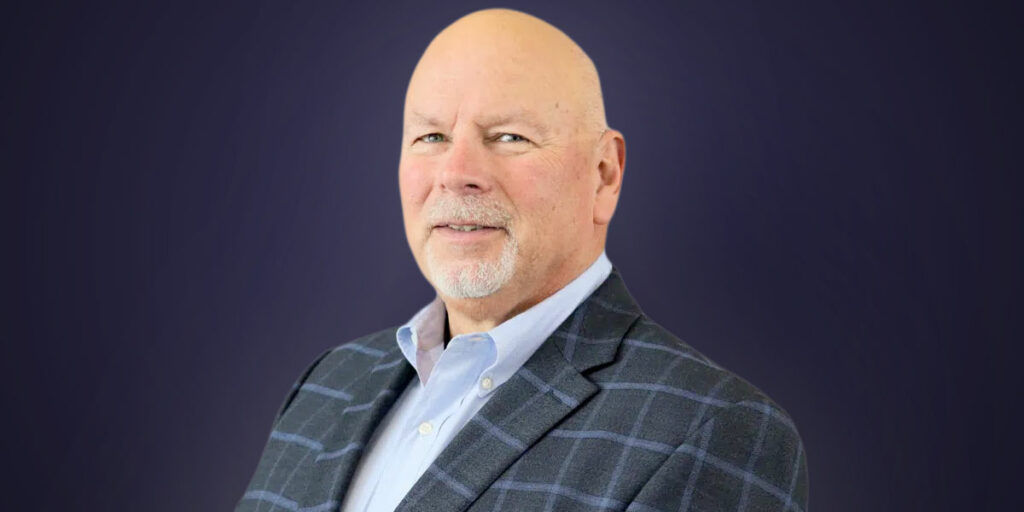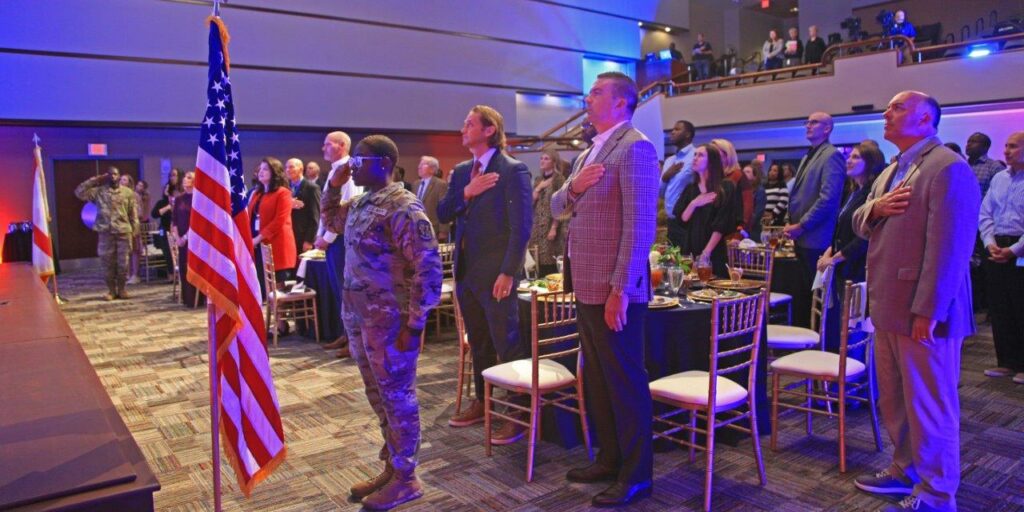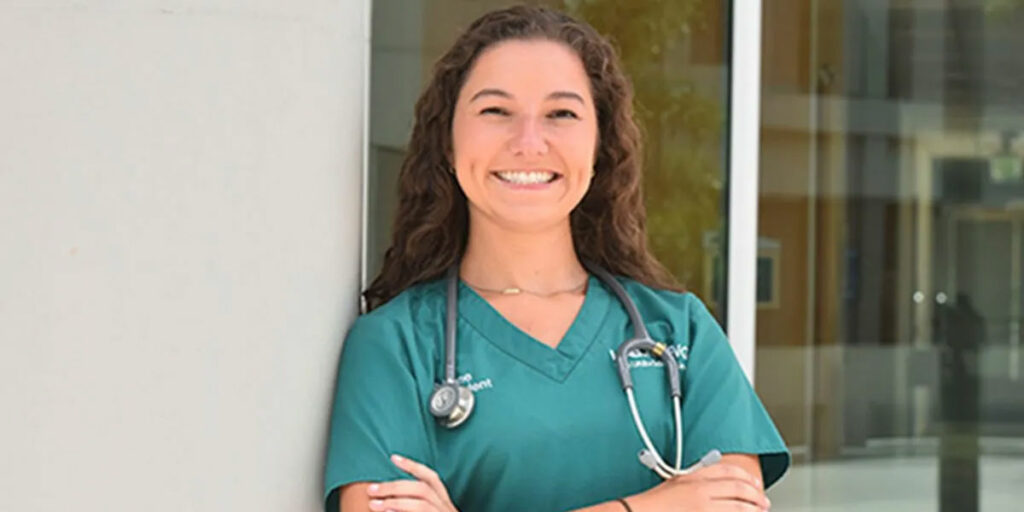When watching Debby Davis mow her lawn, cook big meals and go to work, it would be tough for anyone to tell the 67-year-old is actively going through chemotherapy treatments. Since 2015, Davis has been battling ovarian cancer and juggling her work, family and chemotherapy regimens at the University of Alabama at Birmingham with unparalleled strength.
Her cancer story began when Davis was mowing her lawn one morning and felt an excruciating pain in her groin area on the left side. She ignored it, only to experience it again when she was at work. She brushed it off as a pulled muscle, but her co-workers knew that something was not right and encouraged her to go see a doctor.
Their skepticism proved to be true when the pain Davis was experiencing was diagnosed as ovarian cancer, after it was discovered by oncologists from UAB’s Division of Gynecologic Oncology. A 20-centimeter tumor was positioned on her left ovary, roughly the size of a volleyball. While symptoms such as bloating or loss of appetite are often linked to ovarian cancer, Davis had experienced nothing of the kind.
“I have never been sick a day of my life. I am a go, go, go person; I never slow down,” Davis said. “When I was told that I needed to see a gynecologic oncologist, I could not believe what I was hearing. I drove to work, but felt like I was driving in slow motion. When I got there, I just fell apart.”
Care and clinical trials at UAB
Gynecologic cancers are considered particularly rare — particularly ovarian cancer — as there are currently no effective screening tests for ovarian cancer.
For patients who visit UAB for gynecologic cancer care through the Division of Gynecologic Oncology and O’Neal Comprehensive Cancer Center, researchers and physicians are actively involved in paradigm-changing research for patients with different types of gynecologic cancers, including ovarian, endometrial and cervical cancers.
“The Division of Gynecologic Oncology here at UAB has an extremely strong track record of enrolling patients in clinical trials, and these trials are helping to shape the future standard of care for women with these cancers,” said Michael Straughn Jr., M.D., professor of medicine in UAB’s Division of Gynecologic Oncology and Davis’ primary oncologist. “In addition to the paradigm-shifting trials for current therapies, we are involved in early investigations of novel therapies that may become future standard treatments. Clinical trials may offer patients access to therapies they otherwise would not be able to receive and may allow them to receive tomorrow’s treatments today, right here at UAB.”
Davis’ treatment plan began with a surgery to remove her tumor, followed with rounds of chemotherapy and additional surgeries. All the while, Davis continued to fulfill her responsibilities as an employee, mother and grandmother.
Although she received standard care therapy including post-operative chemotherapy, her cancer unfortunately recurred and she received several additional types of chemotherapy. Despite these treatments, her cancer continued to grow.
Following a review of molecular testing on her cancer, she was found to be a candidate for the TAPUR trial, a large, multi-institutional trial that utilizes molecular information from the patient’s tumor to guide treatment decisions, rather than information about where the tumor started. As a result — although her cancer is an ovarian cancer — she was started on a chemotherapy that is approved for treating a type of kidney cancer.
“She has been receiving this therapy for nearly three years, with stabilization of her cancer, and has not experienced significant growth,” Straughn explained. “She continues on this life-extending clinical trial therapy to this day.”
Access to trials and specialized treatments like Davis’ are not possible at all hospitals, but UAB’s O’Neal Comprehensive Cancer Center enables constant research and the latest offerings for patients of all cancer backgrounds.
Now, five years after her initial diagnosis, Davis is still seeking treatment, but it is continuing to extend her life expectancy and viability. Davis has come to UAB every single Wednesday since October 2015, missing only two Wednesdays in five years.
For Davis, going through cancer has not been easy; but having strong support from family who moved with her from across the country and her resilience have made all the difference.
“I never paid attention to what chemo drugs could do to my body; I knew they would affect all of my organs. But I had my faith in God and Dr. Straughn,” Davis said.
For anyone battling any life-threatening disease, Davis recommends leisure activities that stop the mind from wandering to places that would lead to negative thoughts.
“Do I get upset sometimes? Sure, I do. Do I get tired of it all? Of course, I do. Cancer is a scary thing; but if you stay positive, stay active and are not afraid to ask for help, you can beat it,” she said. “With the help of the phenomenal medical staff who have directed my health care, the support of my family and fellow patients at UAB who told me that I have inspired them to stay positive is what keeps me going.”
(Courtesy of the University of Alabama at Birmingham)













